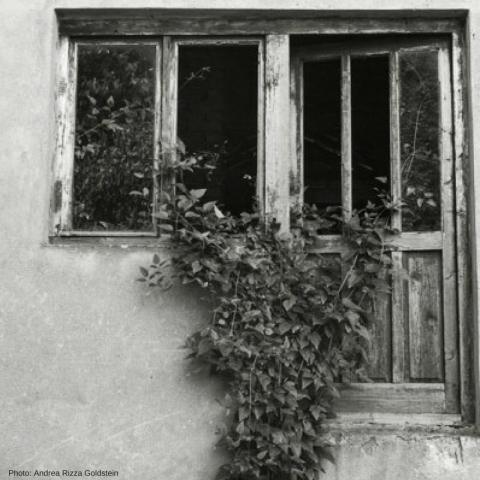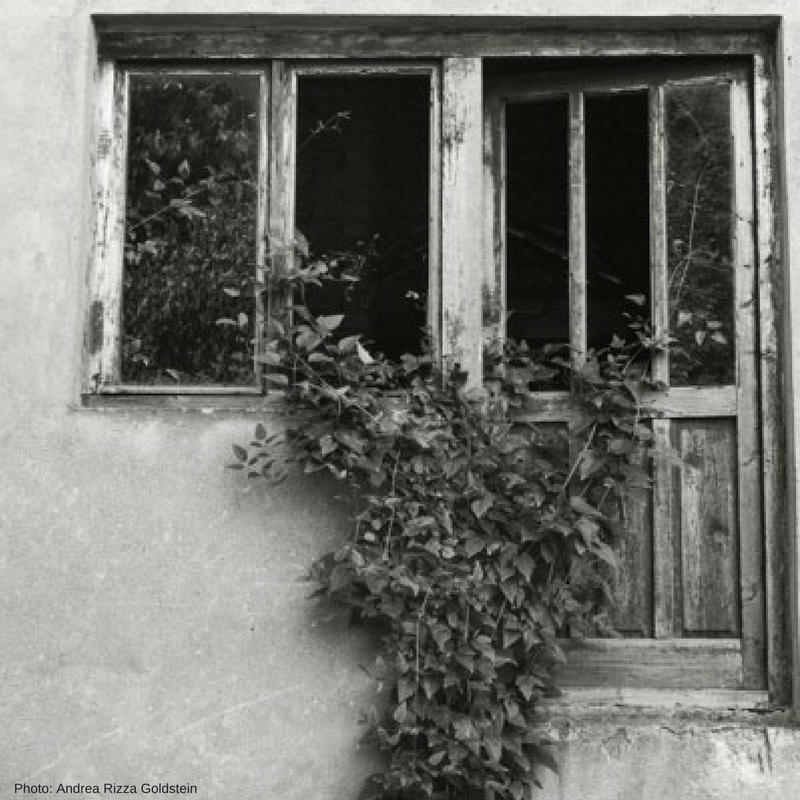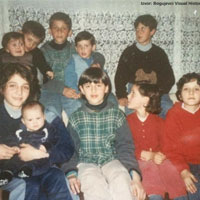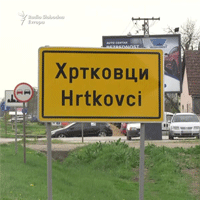On the occasion of the retirement of Ljubiša Diković, the Chief of General Staff of the Serbian Armed Forces
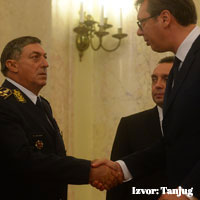
 After Serbian President Aleksandar Vučić has accepted a request for retirement by the Chief of General Staff of the Serbian Armed Forces, Ljubiša Diković, on Friday, September 14, 2018, the Humanitarian Law Center (HLC) reaffirms its belief that Diković should have been replaced earlier, since the HLC submitted serious allegations that the 37th Motorized Brigade of the Yugoslav Army (37th Mtbr VJ), commanded by Diković during the Kosovo conflict, killed about 1,400 Albanian civilians, while thousands of others were expelled. Only two days after the HLC published its Dossier “The Ljubiša Diković File”, the War Crimes Prosecutor’s Office (OWCP) informed the public that it had investigated the HLC’s allegations and found no basis for accusations of Diković’s criminal responsibility. Since it was not realistic that the findings from the Dossier could have been be investigated in just two days, the HLC demanded from the OWCP that it proceed with a comprehensive investigation into the allegations regarding Diković’s responsibility for the said crimes.
After Serbian President Aleksandar Vučić has accepted a request for retirement by the Chief of General Staff of the Serbian Armed Forces, Ljubiša Diković, on Friday, September 14, 2018, the Humanitarian Law Center (HLC) reaffirms its belief that Diković should have been replaced earlier, since the HLC submitted serious allegations that the 37th Motorized Brigade of the Yugoslav Army (37th Mtbr VJ), commanded by Diković during the Kosovo conflict, killed about 1,400 Albanian civilians, while thousands of others were expelled. Only two days after the HLC published its Dossier “The Ljubiša Diković File”, the War Crimes Prosecutor’s Office (OWCP) informed the public that it had investigated the HLC’s allegations and found no basis for accusations of Diković’s criminal responsibility. Since it was not realistic that the findings from the Dossier could have been be investigated in just two days, the HLC demanded from the OWCP that it proceed with a comprehensive investigation into the allegations regarding Diković’s responsibility for the said crimes.









